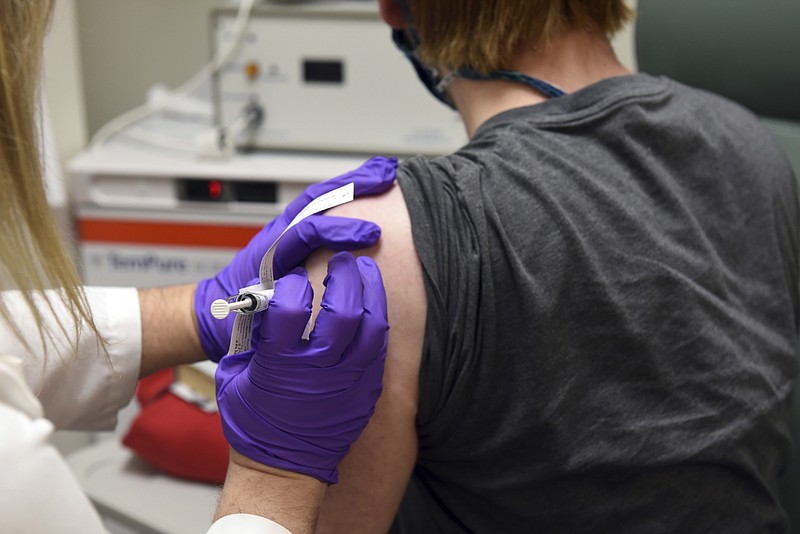WASHINGTON -- The head of the U.S. vaccine development effort said Sunday he believes the COVID-19 vaccine could have long-lasting effect once distributed.
Dr. Moncef Slaoui told CNN's "State of the Union" that only time will tell for certain, but that in his opinion, the vaccine's effectiveness could last for "many, many years," with older people and others who are more vulnerable requiring a booster every three to five years.
He said that one of the hallmarks of immune systems is memory, so the body's response to the coronavirus will be much faster once vaccinated.
Still, Slaoui said it's not known whether vaccinated persons could spread the virus to others even if protected themselves. He said there may be an initial indication on that sometime in February or March.
Slaoui stressed that the continuing unknowns make it important for people to remain cautious and take safeguards to protect themselves and others against COVID-19.
He said that once 70 to 80% of the population is vaccinated, "the virus will go down."
